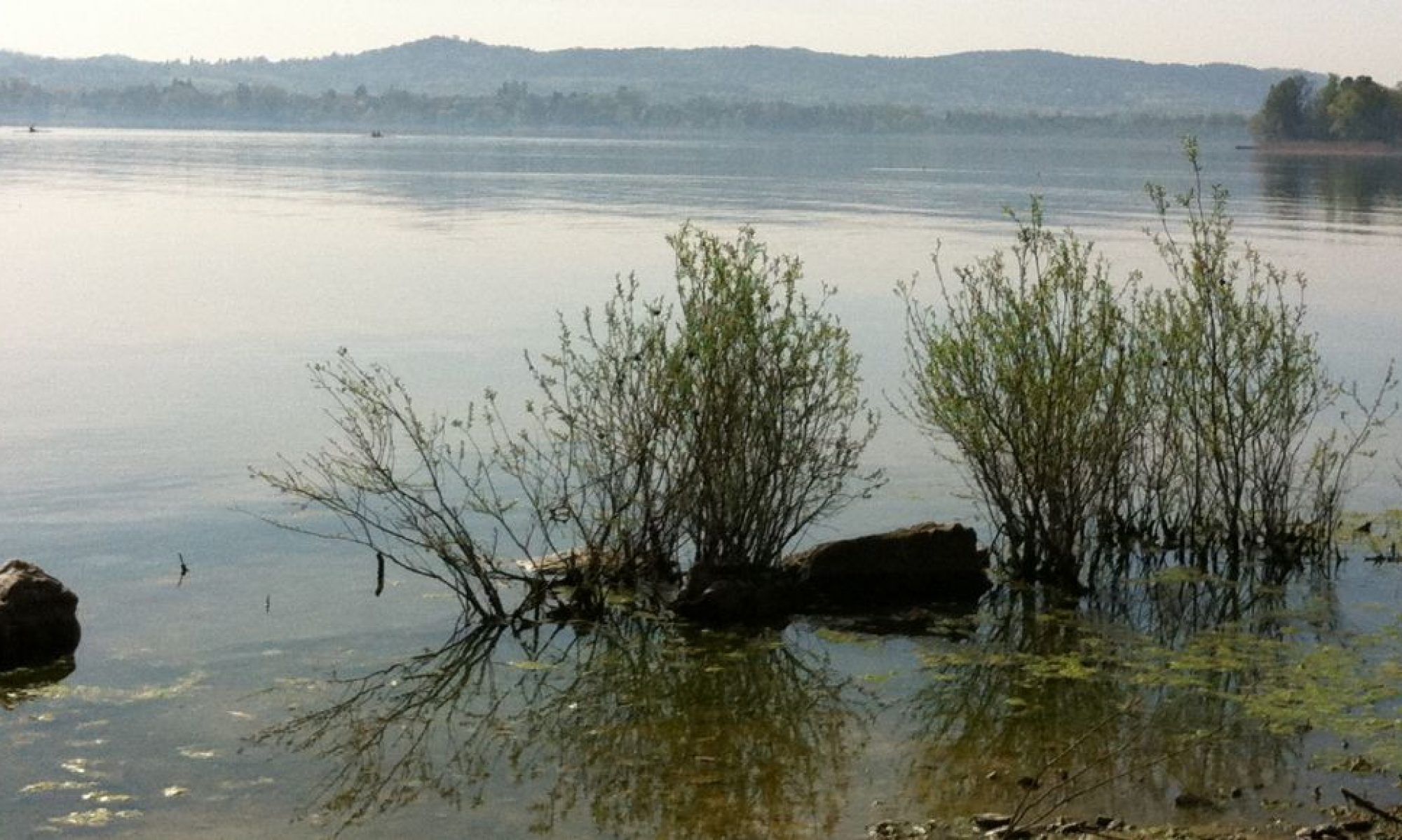
Photo from en-trap meeting in Rome 2013
ENTRAP was formally established under the terms of an Agreement. It is a non-profit, financially independent organization (Van Iseghen et al., 1997, Newstead, 1999). Each member pays an annual fee of currently 1000 EUR to cover administrative costs, publication of reports, etc. Current ENTRAP members are listed in Membership.
Other laboratories, for example, operated by waste producers or research bodies or in non-EU Member States, carrying out waste quality checking are also eligible to apply as Associate Members.
Decisions on policy issues, the program of activities, publications and applications for membership are made by a Steering Committee (SC) composed of representatives from the full network members. Representatives of EC Member State national regulatory authorities are also invited to attend SC meetings, which are regularly held on an annual basis. The Chairman and a vice Chairman of the SC are elected on a bi-annual basis from its members. Initially the EC provided the secretariat to the network, however, this is no longer the case.
The technical work of the network is undertaken by Working Groups (WG’s) each operating under a
Convenor appointed by the SC. There are currently four WG’s:
- WG A: non-destructive methods.
- WG B: destructive methods.
- WG C: QA and QC procedures.
- WG D: intermediate – and high-level waste (ILW/HLW).
Membership of WG’s consists of representatives from both full and associate member organizations. ENTRAP has a number of joint activities related to the verification of conformity of conditioned radioactive waste with regulatory specifications and criteria. Its objectives are to promote and facilitate collaboration in the development, application and standardization of quality checking for waste packages. ENTRAP is therefore engaged in:
- Identification of research and development (R&D )requirements.
- Joint evaluation of test methods and proficiency testing.
- Co-ordination of national and international standardization of test methods.
- Exchange of information, results and experience.
- Promotion of cooperation, training and young scientists interchange (bi- & multilateral).
- Promotion of the availability of testing and analytical services. The main strengths of ENTRAP cover:
- ENTRAP members are laboratories of excellence in the European Union (EU).
- Different analyses, scaling factors (detection limits, uncertainties).
- Different modelling techniques.
- Characterization methodologies (waste types, forms, packages).
